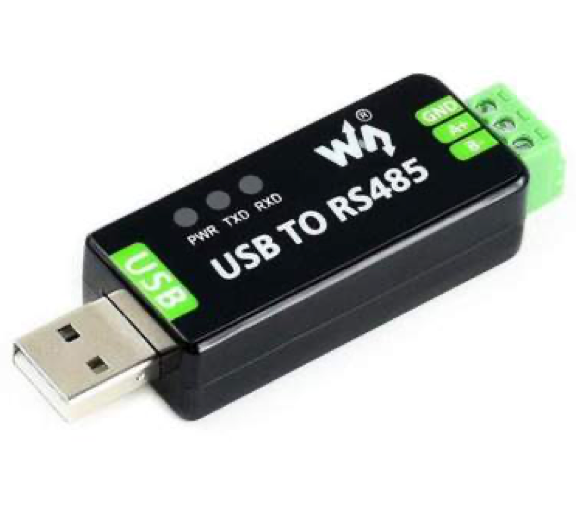

Print("Export active energy ", temp)ĭata = client.read_input_registers(76, 2, unit = address) Print("Import active energy ", temp)ĭata = client.read_input_registers(74, 2, unit = address) Temp = round(code_32bit_float(),3)ĭata = client.read_input_registers(6, 2, unit = address)ĭecoder = omRegisters(data.registers, byteorder=Endian.Big, wordorder=Endian.Big)ĭata = client.read_input_registers(12, 2, unit = address)ĭata = client.read_input_registers(18, 2, unit = address)ĭata = client.read_input_registers(14, 2, unit = address)ĭata = client.read_input_registers(70, 2, unit = address)ĭata = client.read_input_registers(72, 2, unit = address) If DEBUG = True : print ("Data registers", data.registers)ĭecoder = omRegisters(data.registers, byteorder=Endian.Big, wordorder=Endian.Big) # endian=Endian.Little / endian=Endian.Big Logger.error("%s- Code=%d", exc, exc.get_exception_code())Ĭlient = ModbusClient(method = METHOD, port = PORT, stopbits = STOPBITS, bytesize = BYTESIZE, parity = PARITY, baudrate = BAUDRATE, timeout = TIMEOUT, retries = RETRIES)ĭata = client.read_input_registers(0, 2, unit = address) Int32Val = temp + (temp int32Val='' Volt".format(inputArray, int32Val, newFloat))Įxcept modbus_tk.modbus.ModbusError as exc:

Temp=master.execute(address, cst.READ_INPUT_REGISTERS, 0, 2) If DEBUG = True : (master.execute(address, cst.READ_INPUT_REGISTERS, 0, 2))

Serial.Serial(port=PORT, baudrate=BAUDRATE, bytesize=8, parity=PARITY, stopbits=1, xonxoff=0) Logger = modbus_tk.utils.create_logger("console") Print ("Asking values for address:?", address)
Python modbus rtu serial#
This is distributed under GNU LGPL license, see license.txtįrom import ModbusSerialClient as ModbusClient #initialize a serial RTU client instanceįrom ansaction import ModbusRtuFramerįrom nstants import Endian # For 32-bit float numbers (2 registers / 4 bytes)įrom pymodbus.payload import BinaryPayloadDecoder # For 32-bit float numers (2 registers / 4 bytes)įrom pymodbus.payload import BinaryPayloadBuilder # Write 32-bit floats in registerĪddress = int(input("Enter the address of your module: ")) Modbus TestKit: Implementation of Modbus protocol in python
Python modbus rtu code#
Python sample code is shown below.Programme en Python pour lire les valeurs #!/usr/bin/env python3 The address of the first coil is 0 and a maximum of 2000 contiguous coils can be read. The slave device address, the address of the first coil and the number of coils must be specified in the request. This function code requests the status (ON/OFF) of discrete coils on a remote device. A description of the supported function codes is found below. To use this library, connect to the target Pycom device via ftp and upload the uModbus folder to /flash. Python libraries and sample code that support Modbus TCP and Modbus RTU are available at the following GitHub Repository. Information on the MODBUS TCP can be found Here.

Python modbus rtu pdf#
Function Nameįor more information on the MODBUS RTU see the following PDF File. The function codes most commonly supported by devices are listed below. The function code in the request tells the addressed slave what kind of action to perform. Modbus is intended as a request/reply protocol and delivers services specified by function codes. The protocol is independent of the transmission medium and is usually transmitted over TCP (MODBUS TCP) or serial communication (MODBUS RTU). Modbus is a messaging protocol that defines the packet structure for transferring data between devices in a master/slave architecture.


 0 kommentar(er)
0 kommentar(er)
